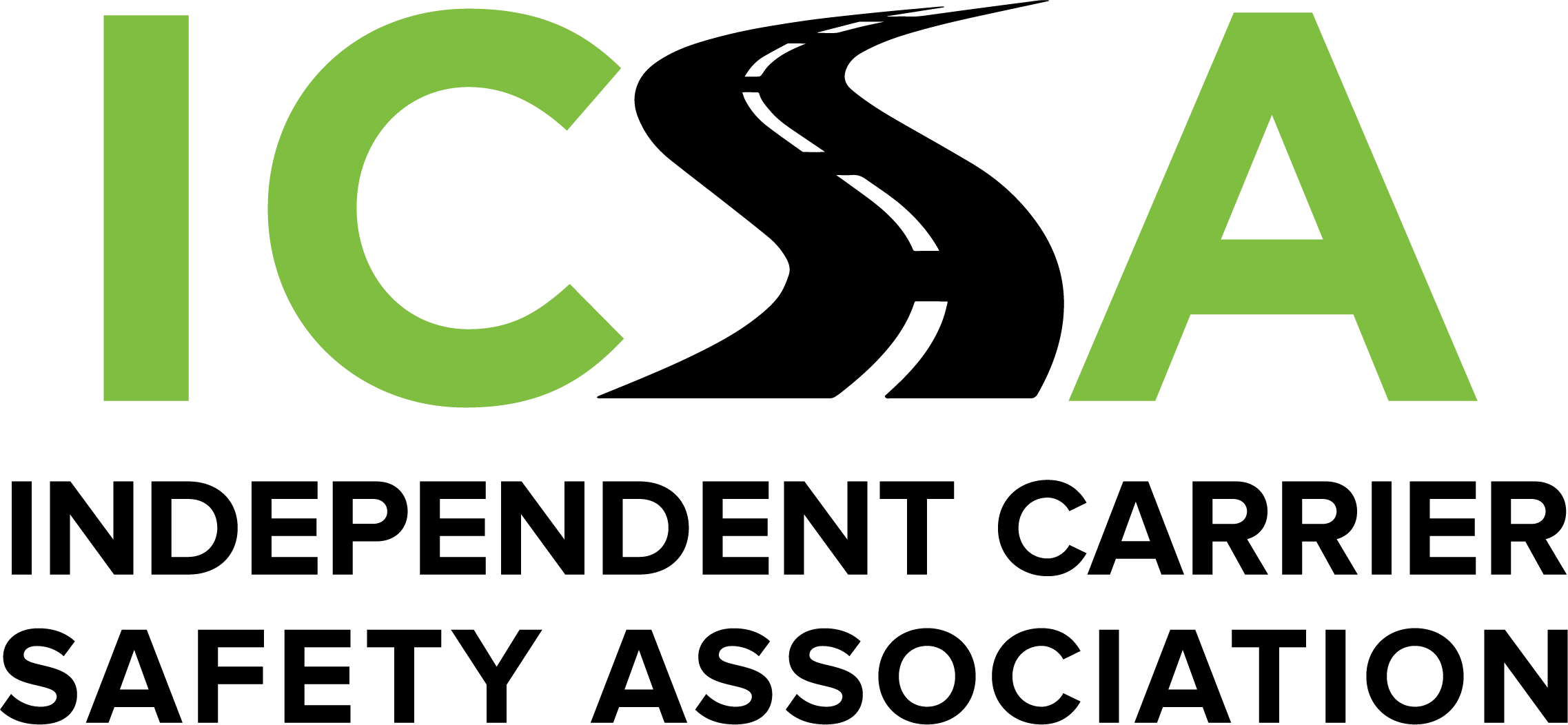A coalition of 17 states has filed a lawsuit against California, challenging its mandate that trucks and other heavy-duty vehicles operating in the state after a certain date be zero-emission vehicles. The first phase of the mandate was effective January 1, 2024, requiring that any new drayage truck added to fleets that haul containers and other bulk goods into and out of the ports be zero-emission vehicles.
The mandate applies to all such vehicles operating in California, regardless of where they are based. In the meantime, carriers that operate trucks in California are required to register their vehicles with the CA Air Resources Board (CARB) and pay an annual $30 per truck registration fee. Following registration, non-California based trucks must pass semi-annual pollution inspections under a schedule based on the last number of the VIN as shown below

To fully understand the regulations and how they apply to you, download and read the two-page summary ICSA has prepared for you.
Plaintiffs in the CA lawsuit argued that the rules are essentially a nationwide mandate that affects truckers and shippers in all states and creates economic and operational barriers. The suit claims that 30% of all U.S. imports enter through California ports and the mandate will raise transportation rates and consumer prices throughout the nation. The states filing the suit include: Alabama, Alaska, Arkansas, Florida, Georgia, Idaho, Indiana, Iowa, Kansas, Kentucky, Louisiana, Mississippi, Missouri, Montana, Oklahoma, South Carolina, South Dakota, Tennessee, Texas, Utah, Virginia, West Virginia, and Wyoming.
In a separate action a 24-state coalition is suing the Environmental Protection Agency (EPA) on rules that were finalized in March 2024. The EPA says the rules will cut up to one billion tons of carbon emissions in the U.S. over a 30-year period but will require that an estimated 30% of heavy-duty trucks be zero-emissions by 2032.
The two lawsuits were filed at about the same time Republican members of Congress introduced resolutions to block the EPA's latest efforts to tighten truck emissions standards.


